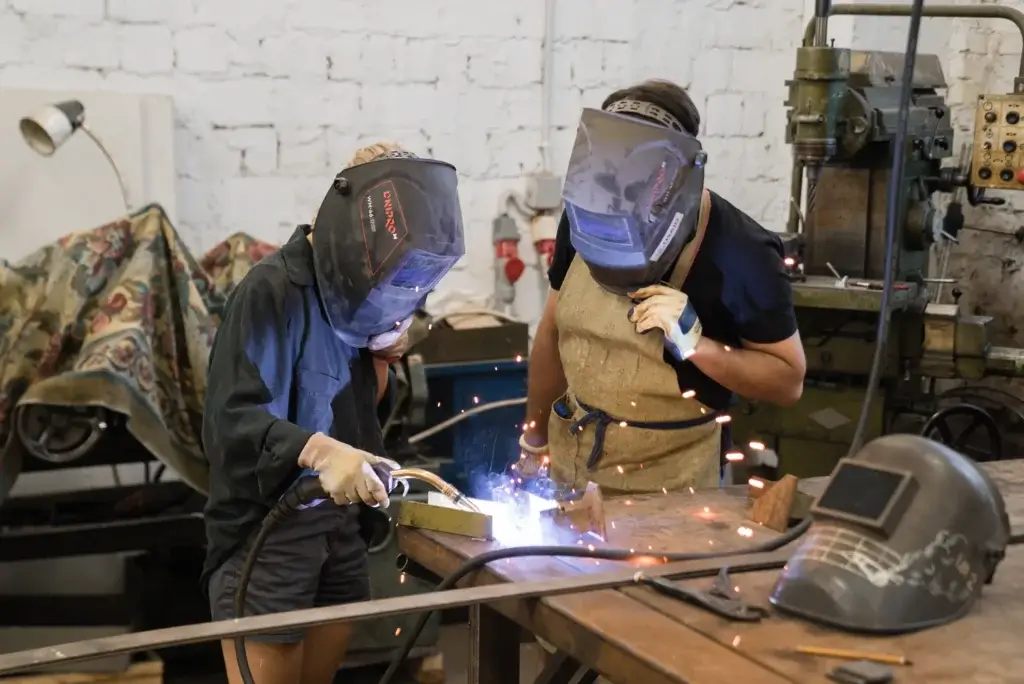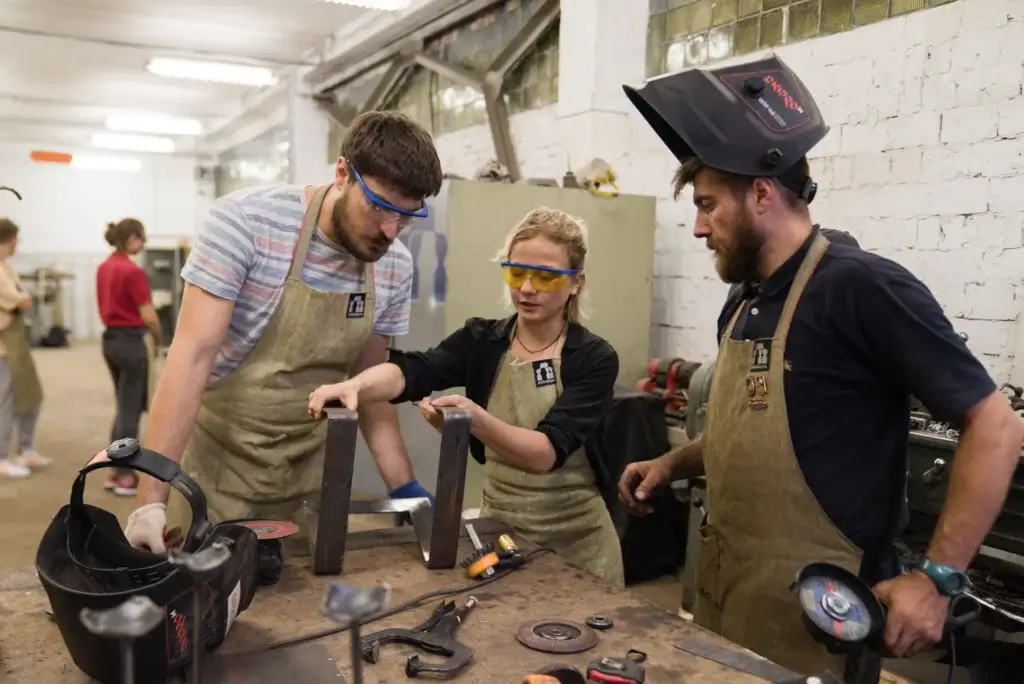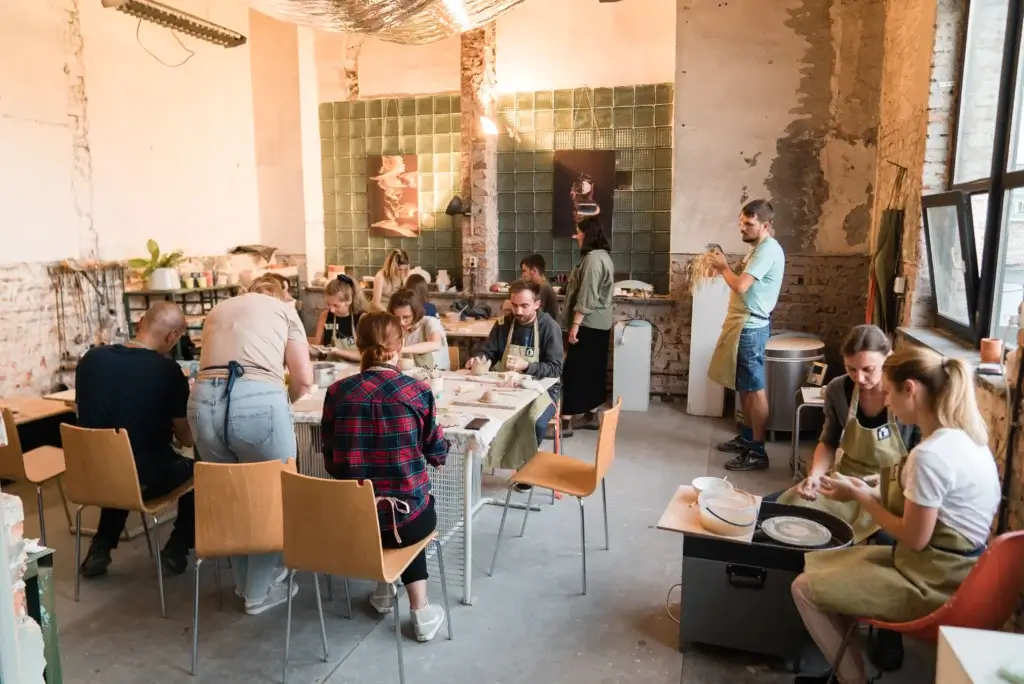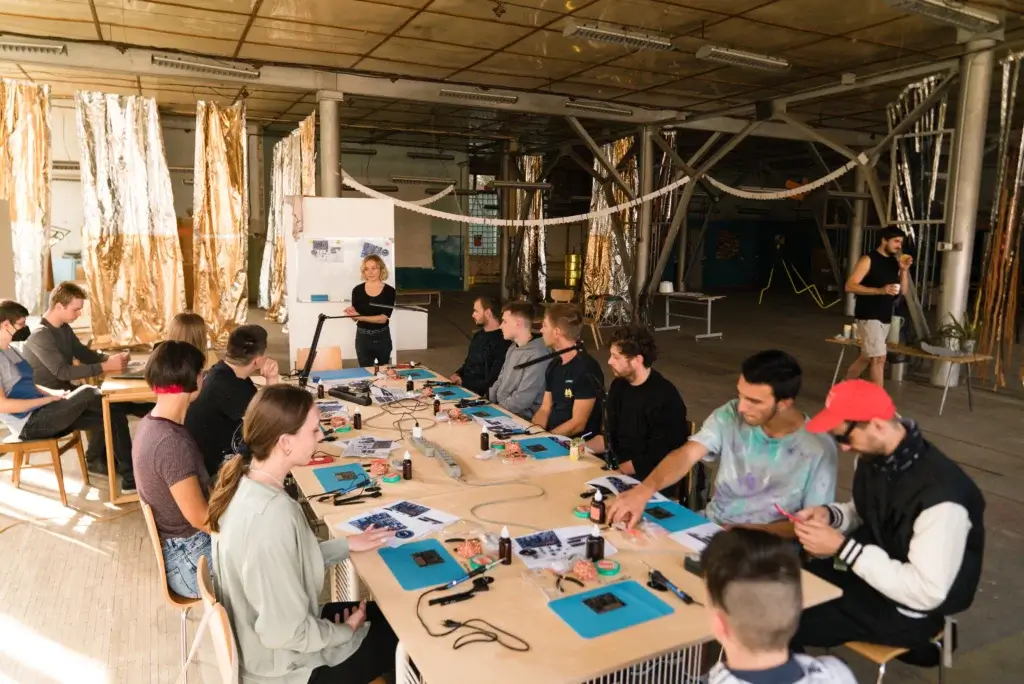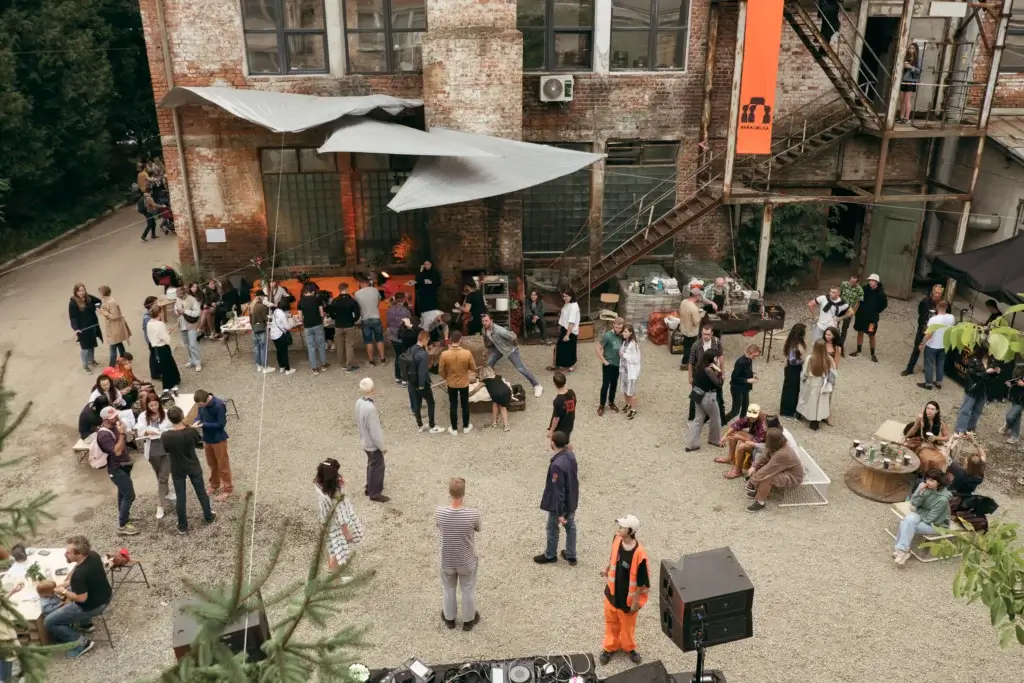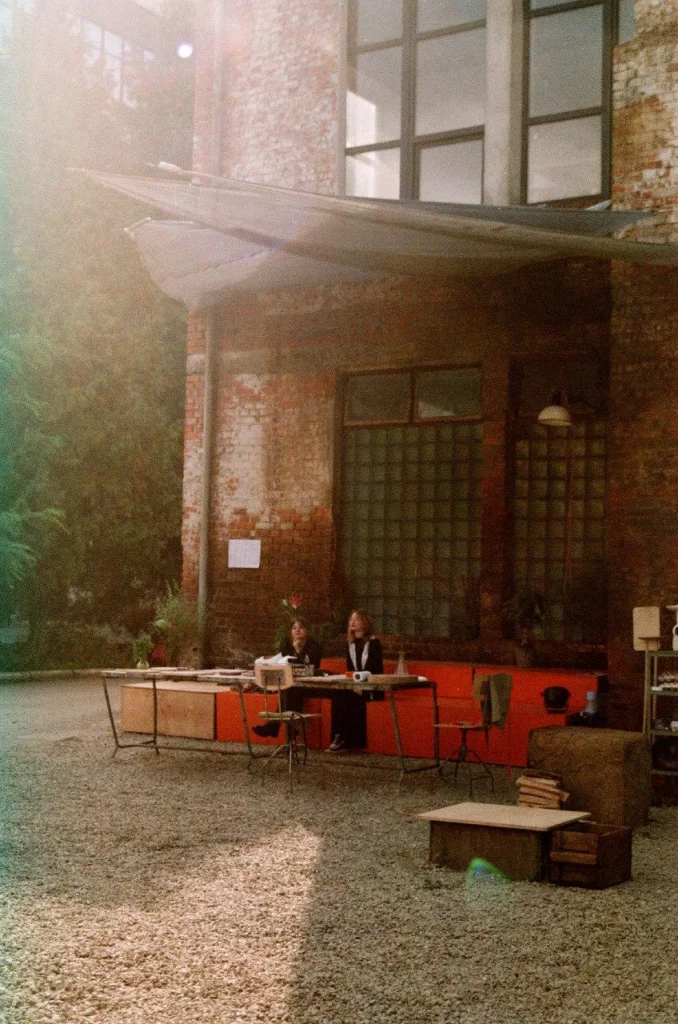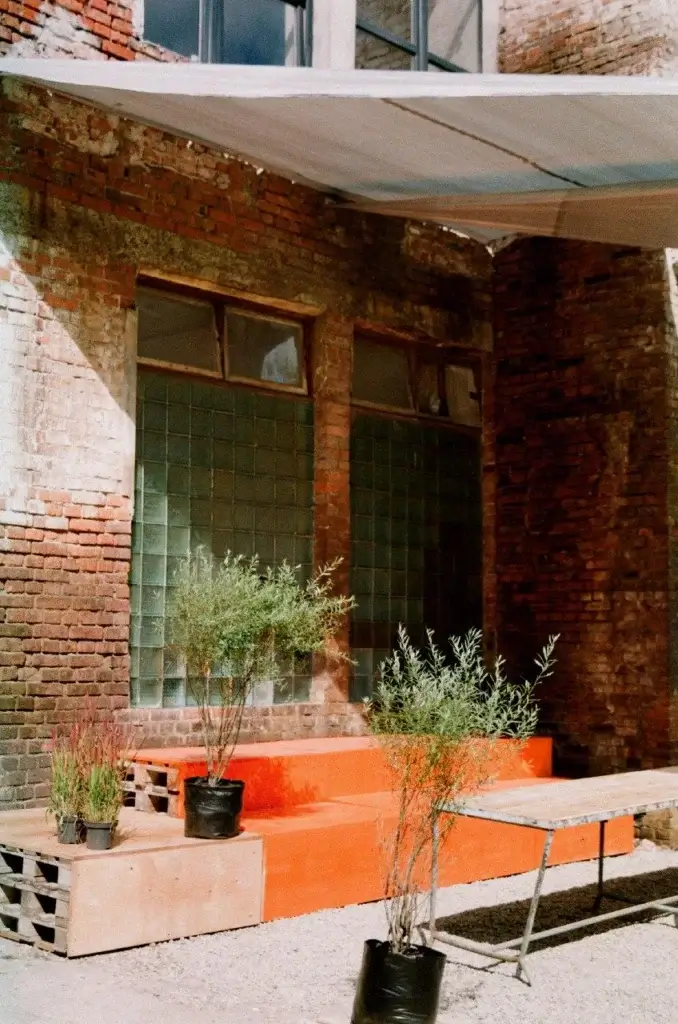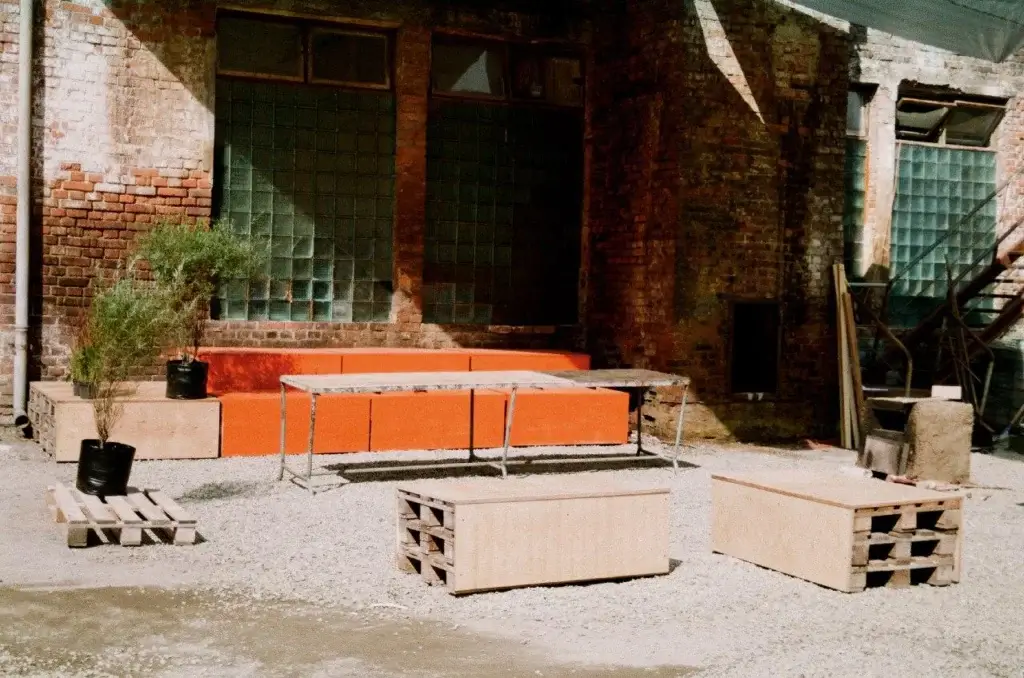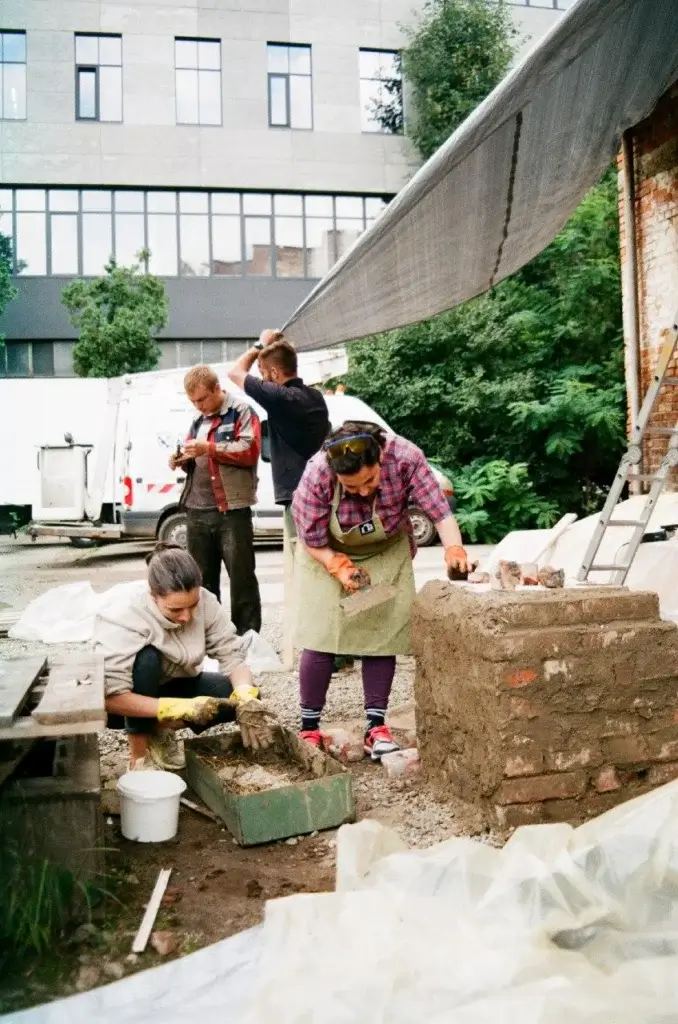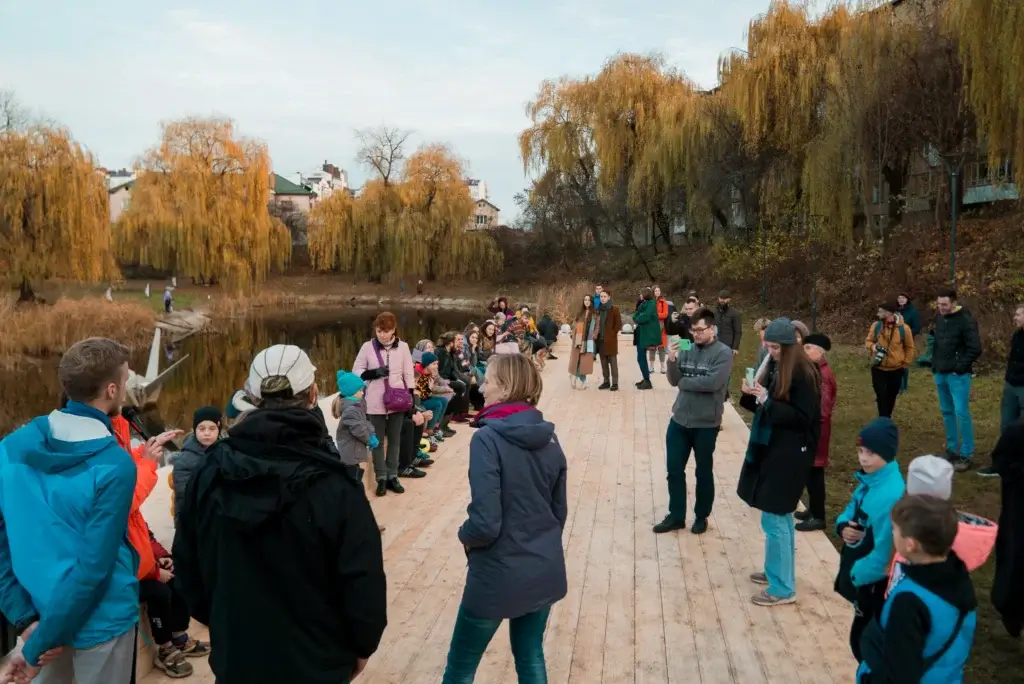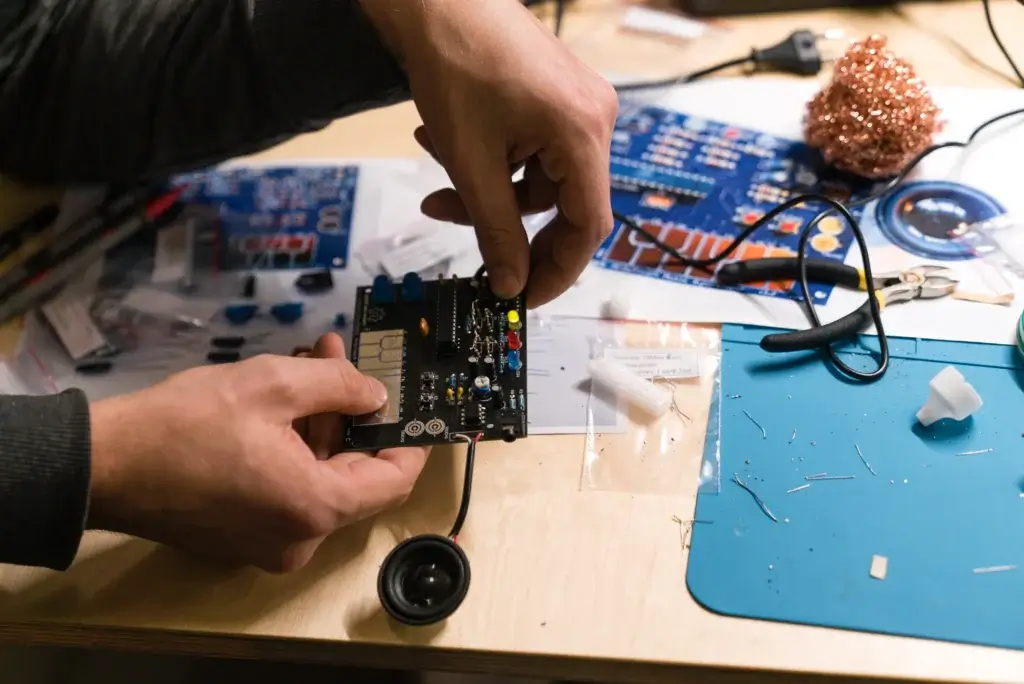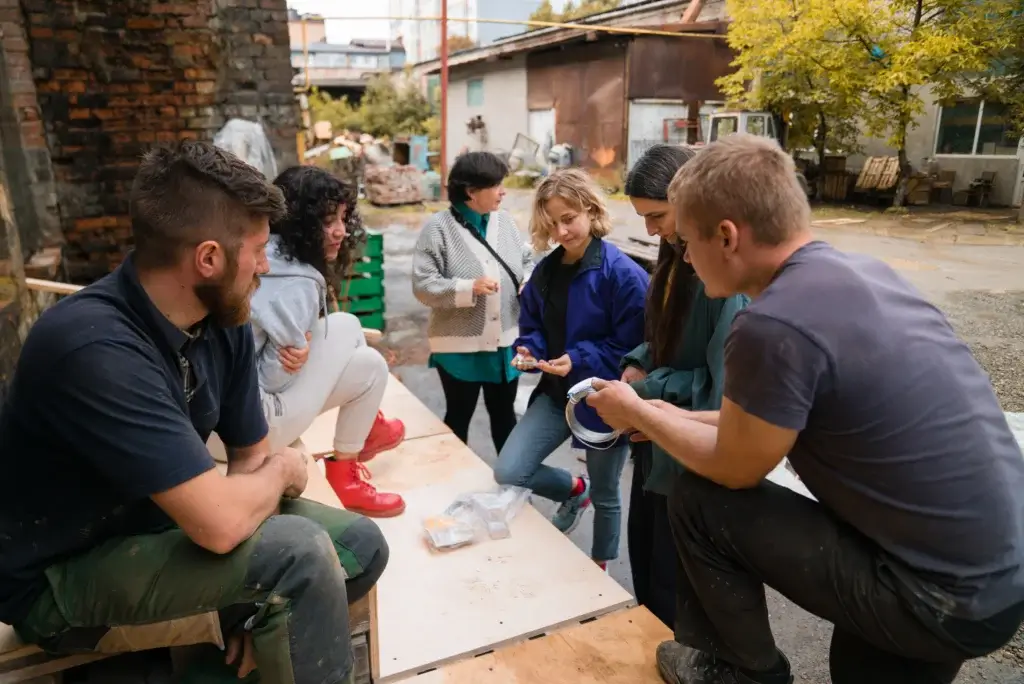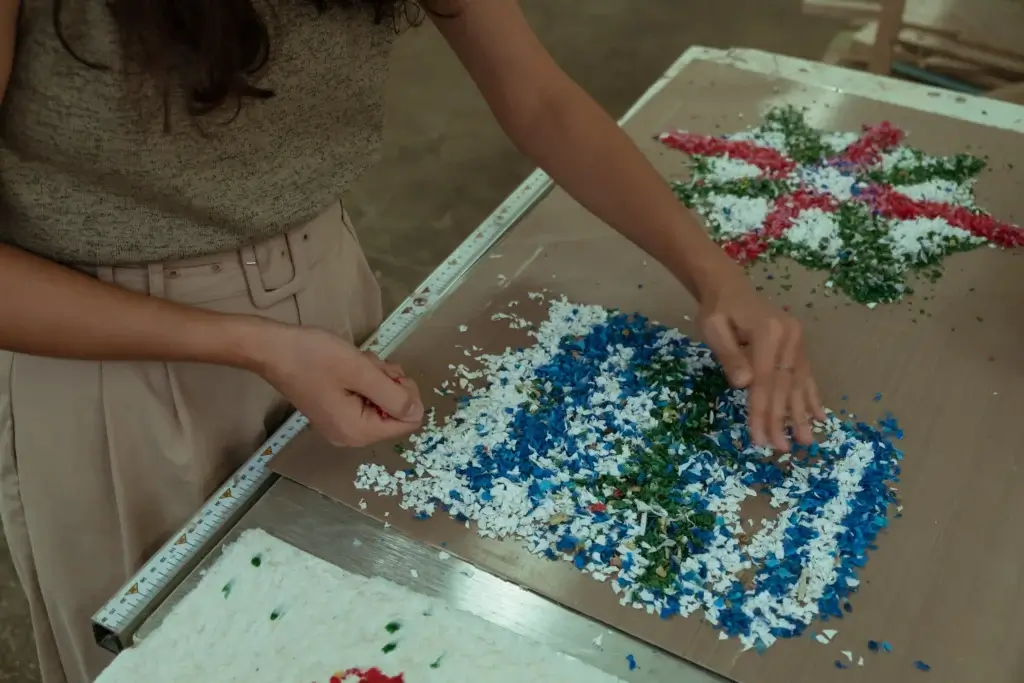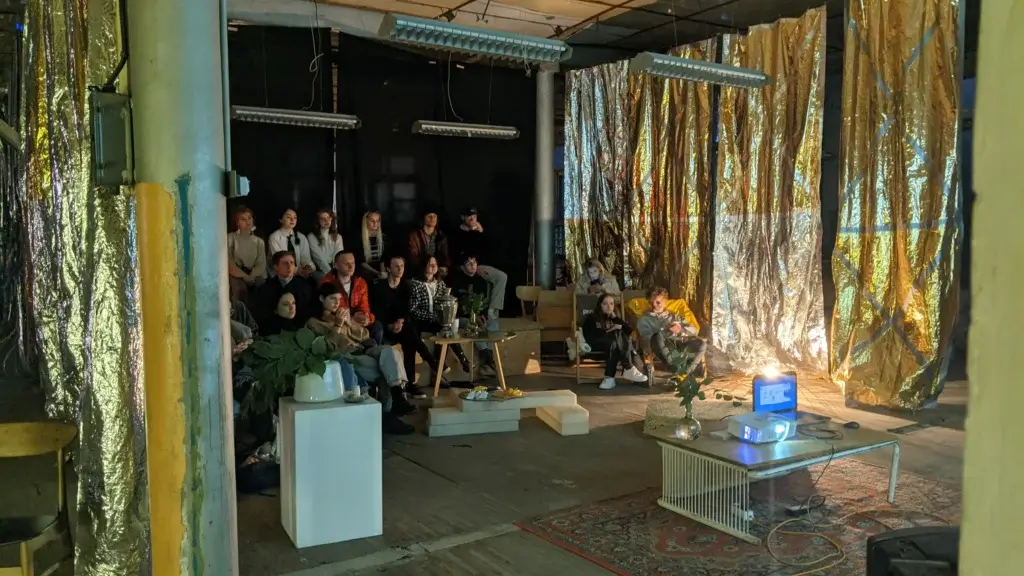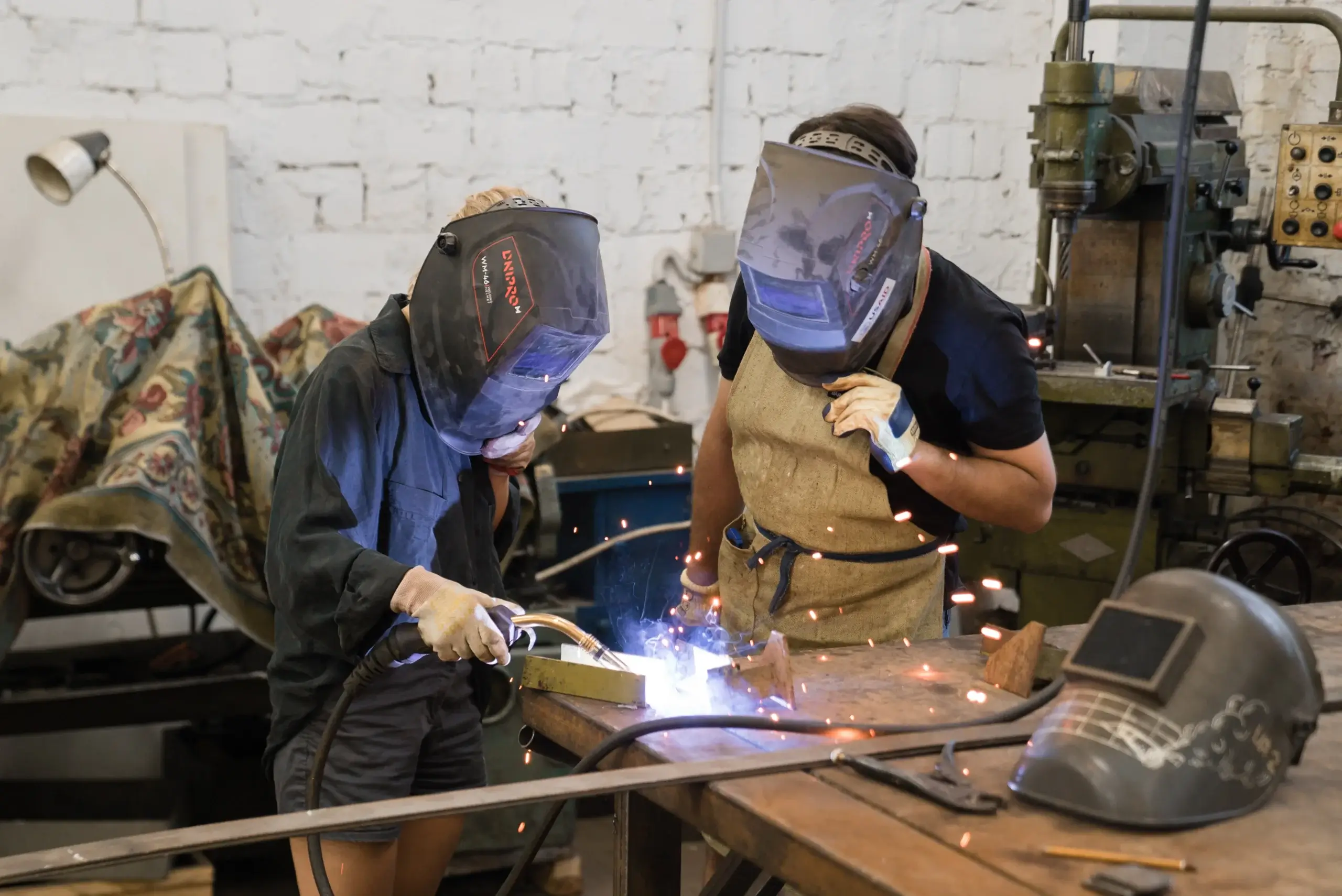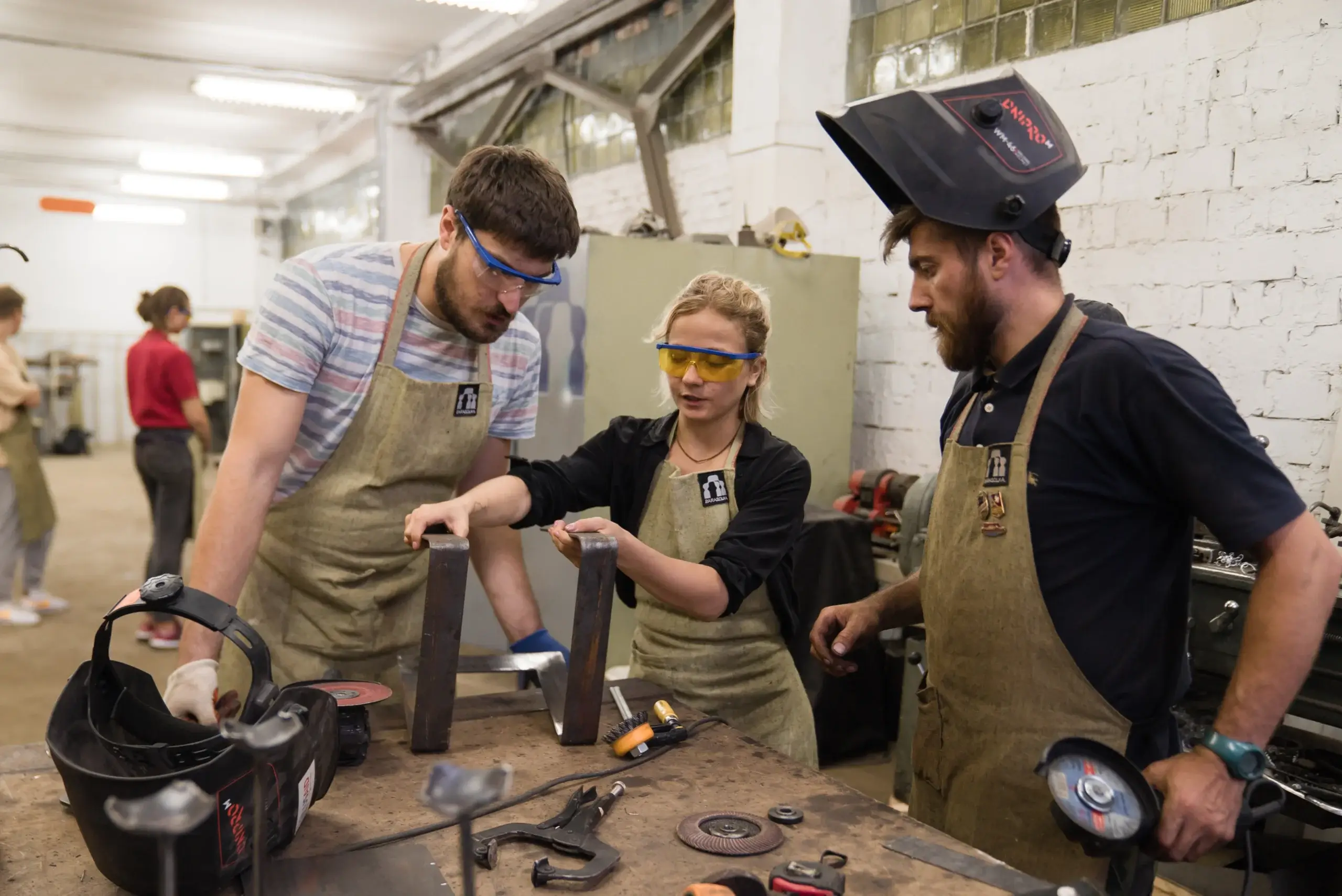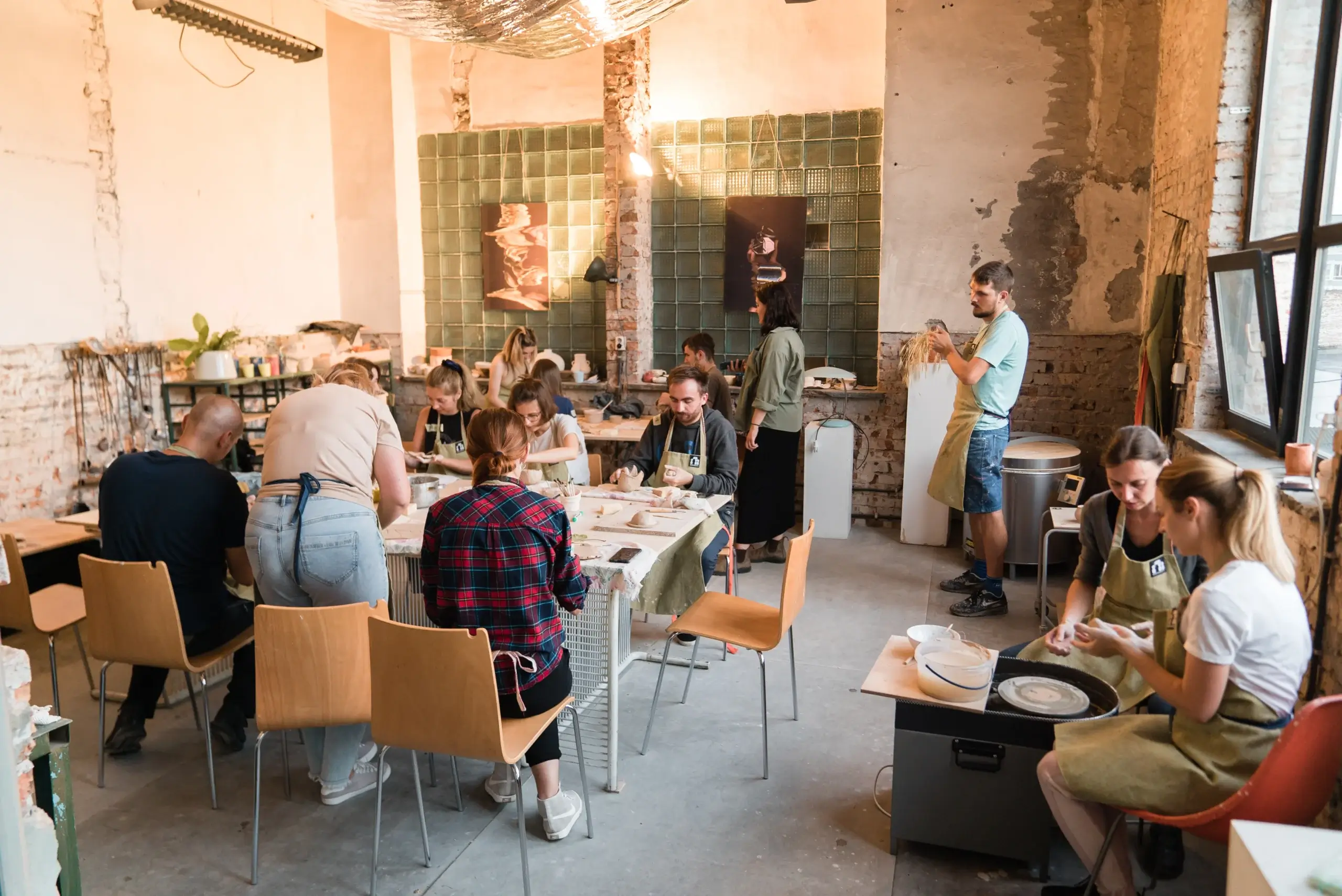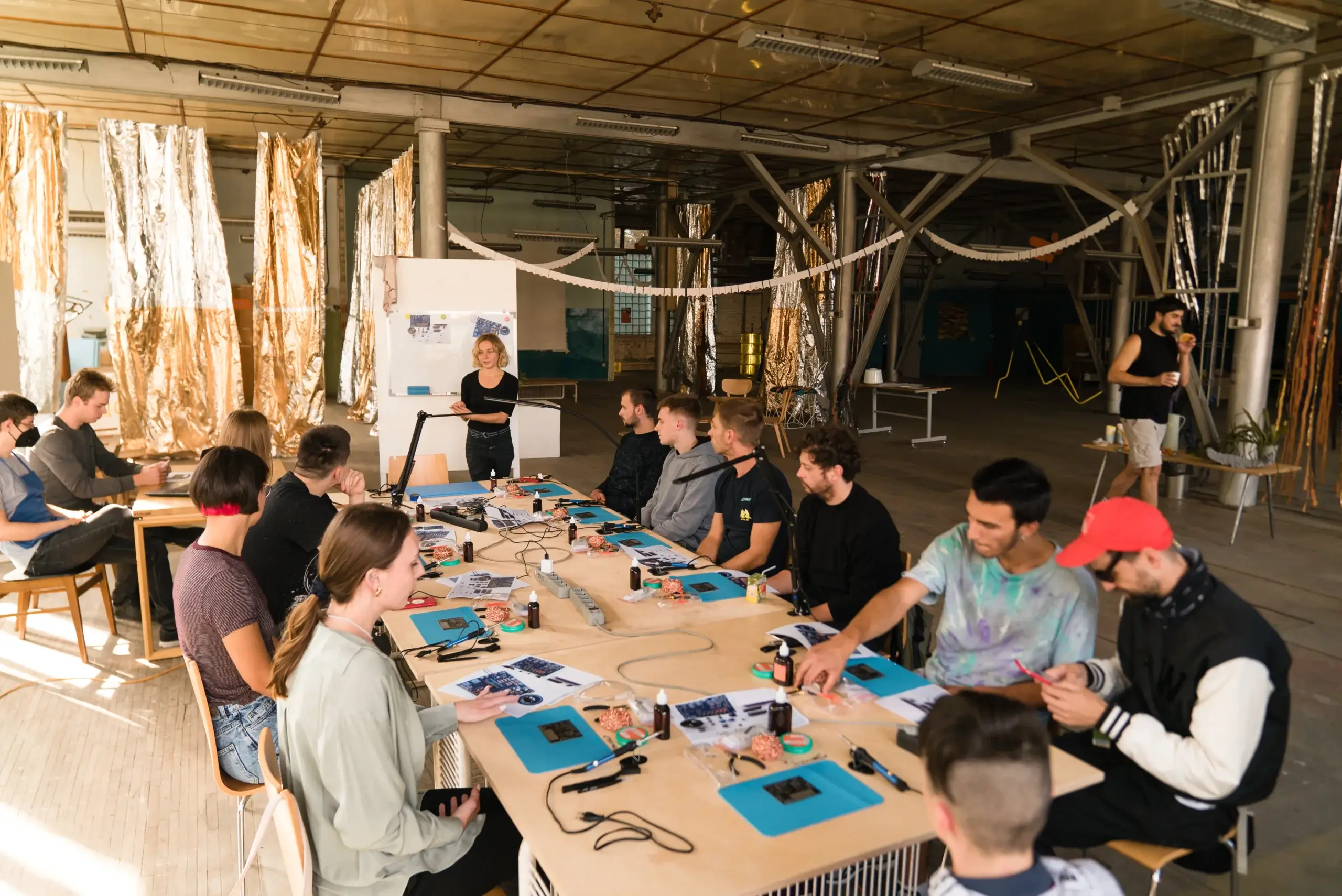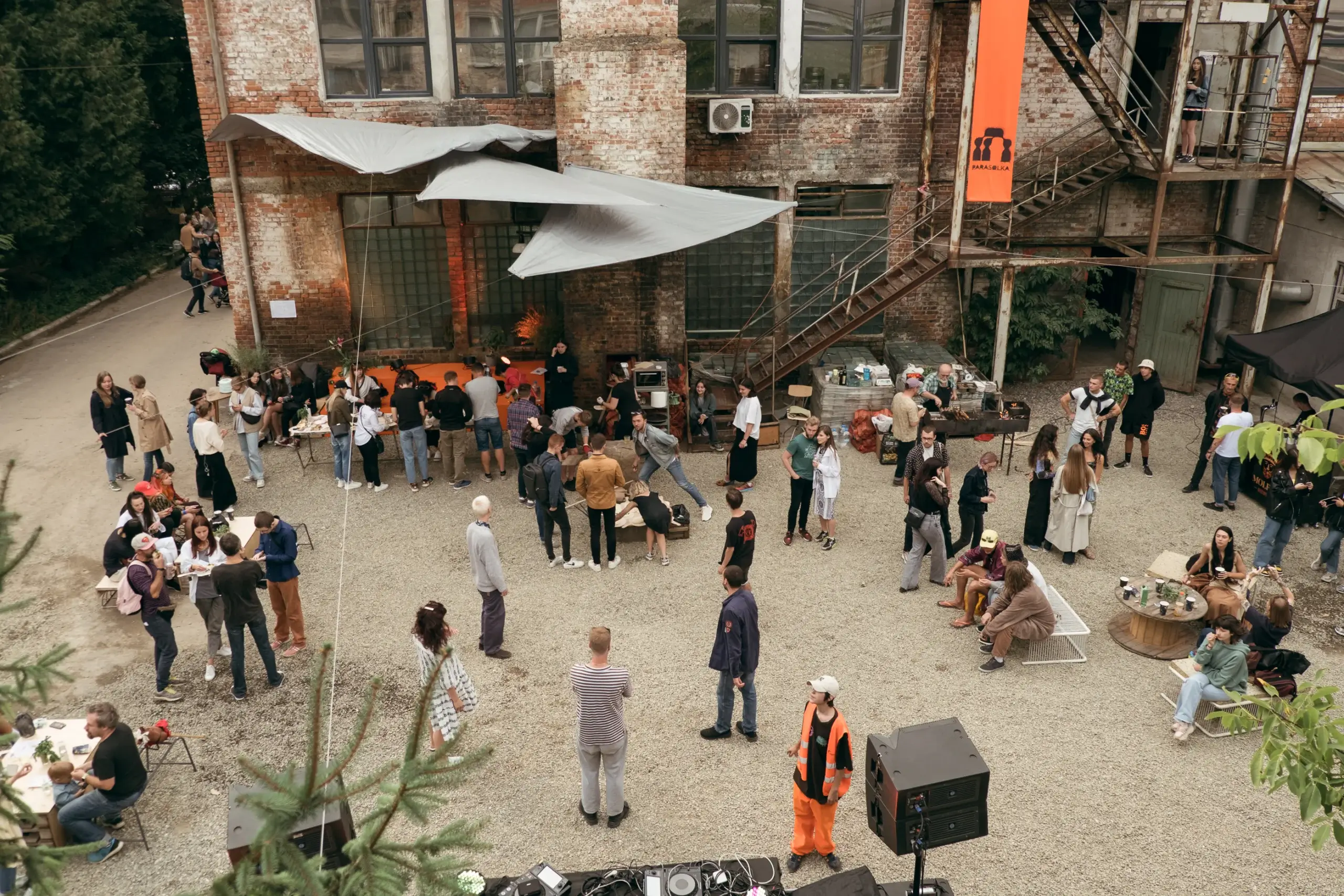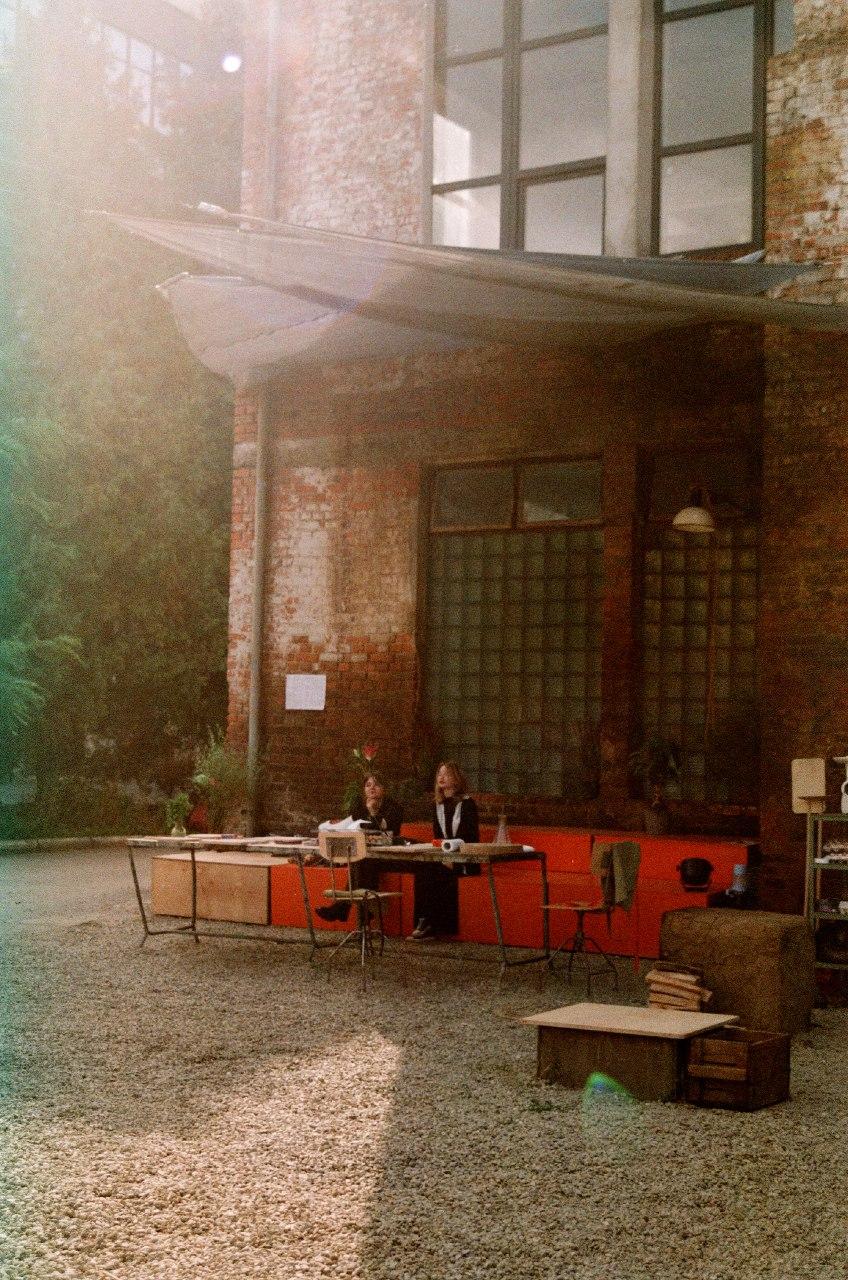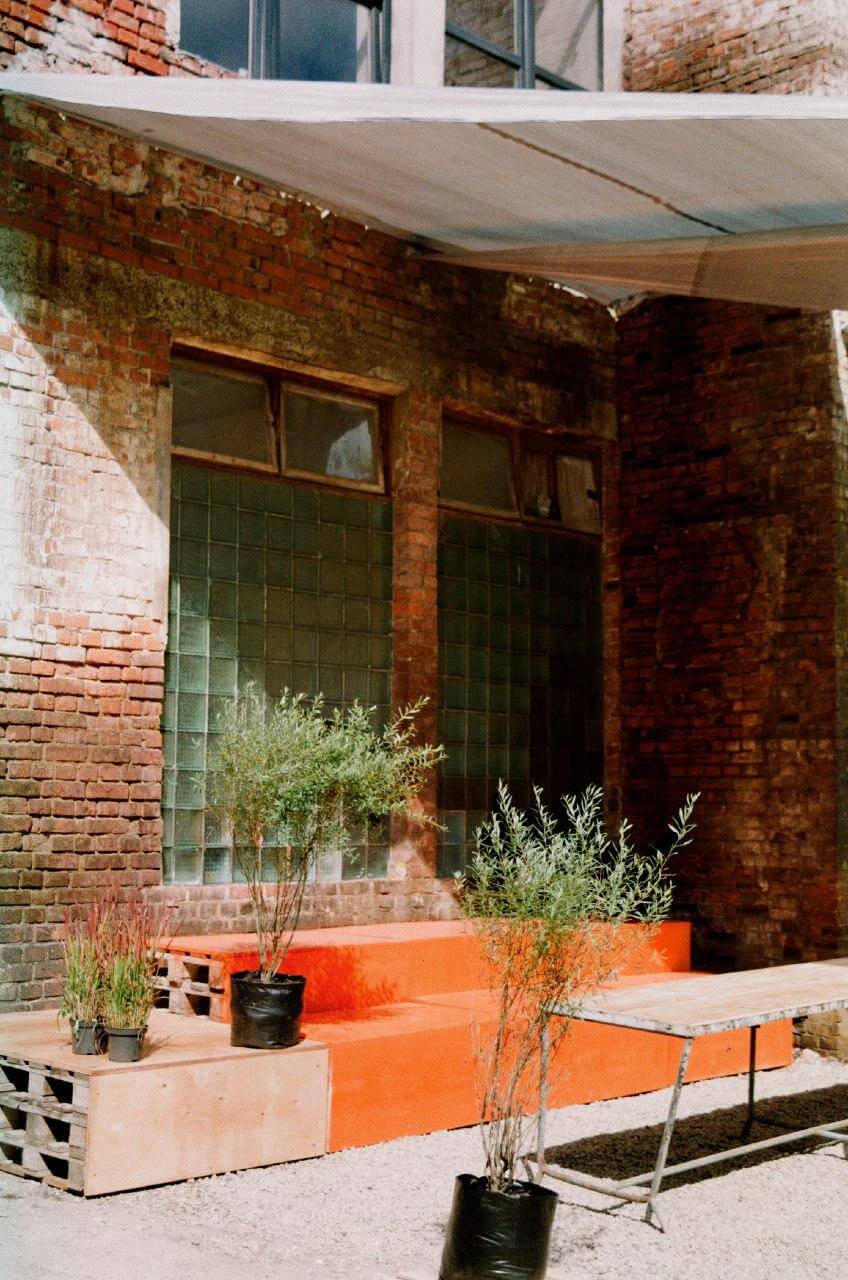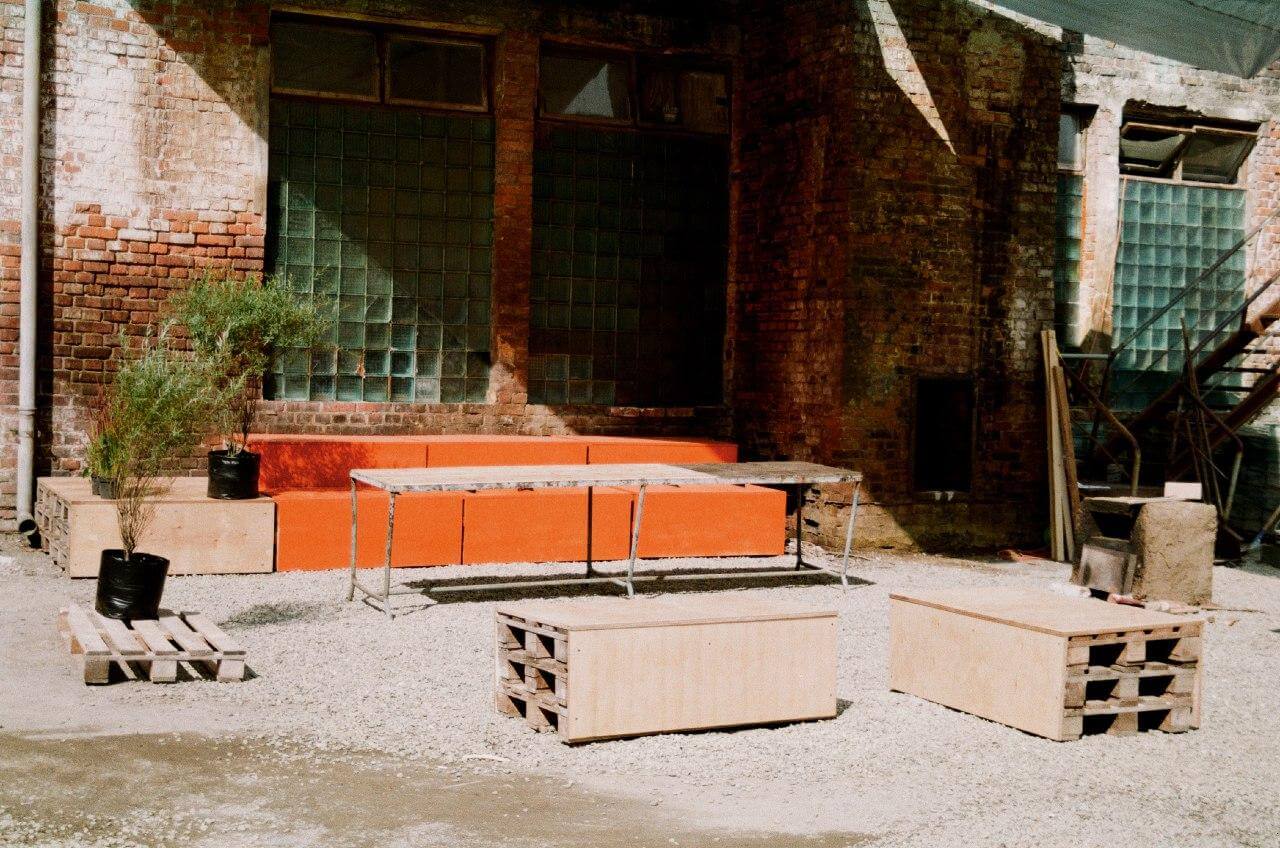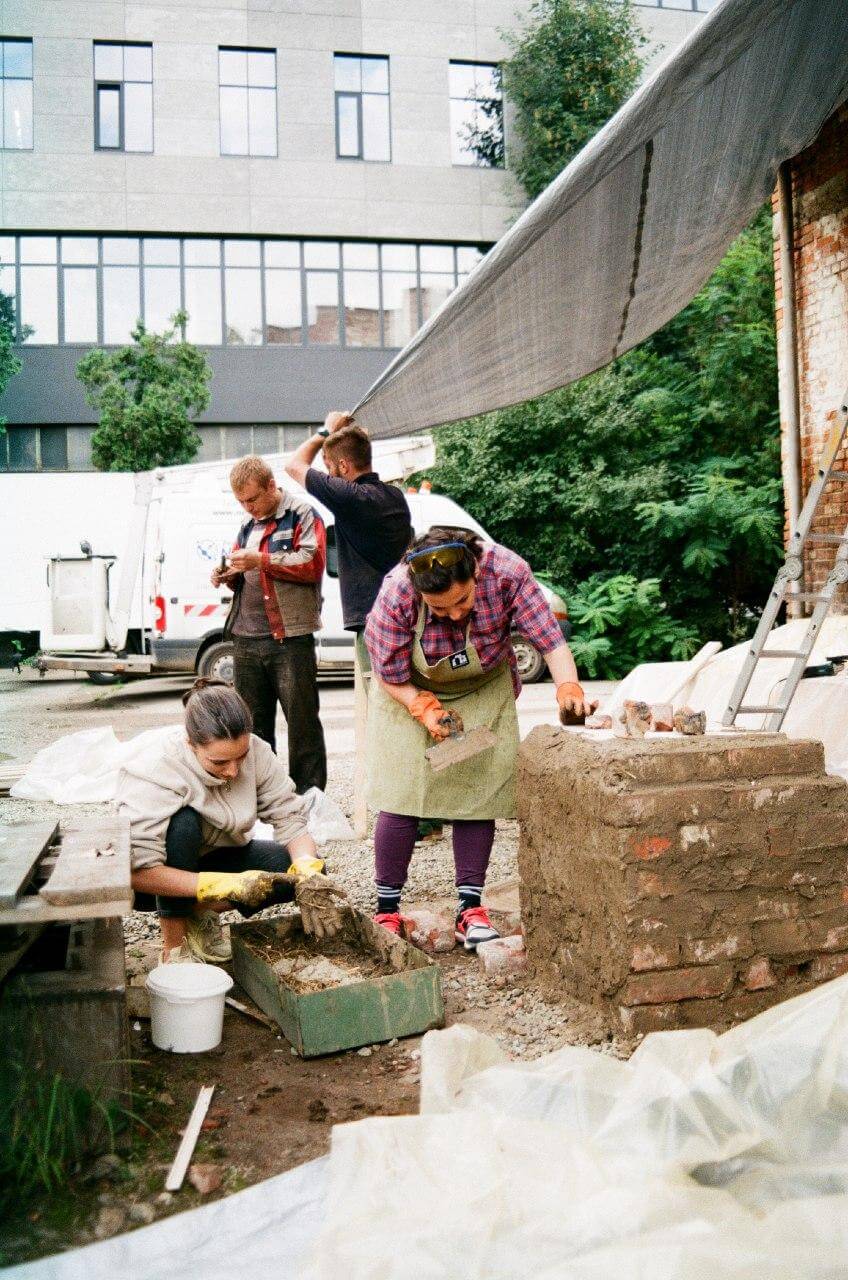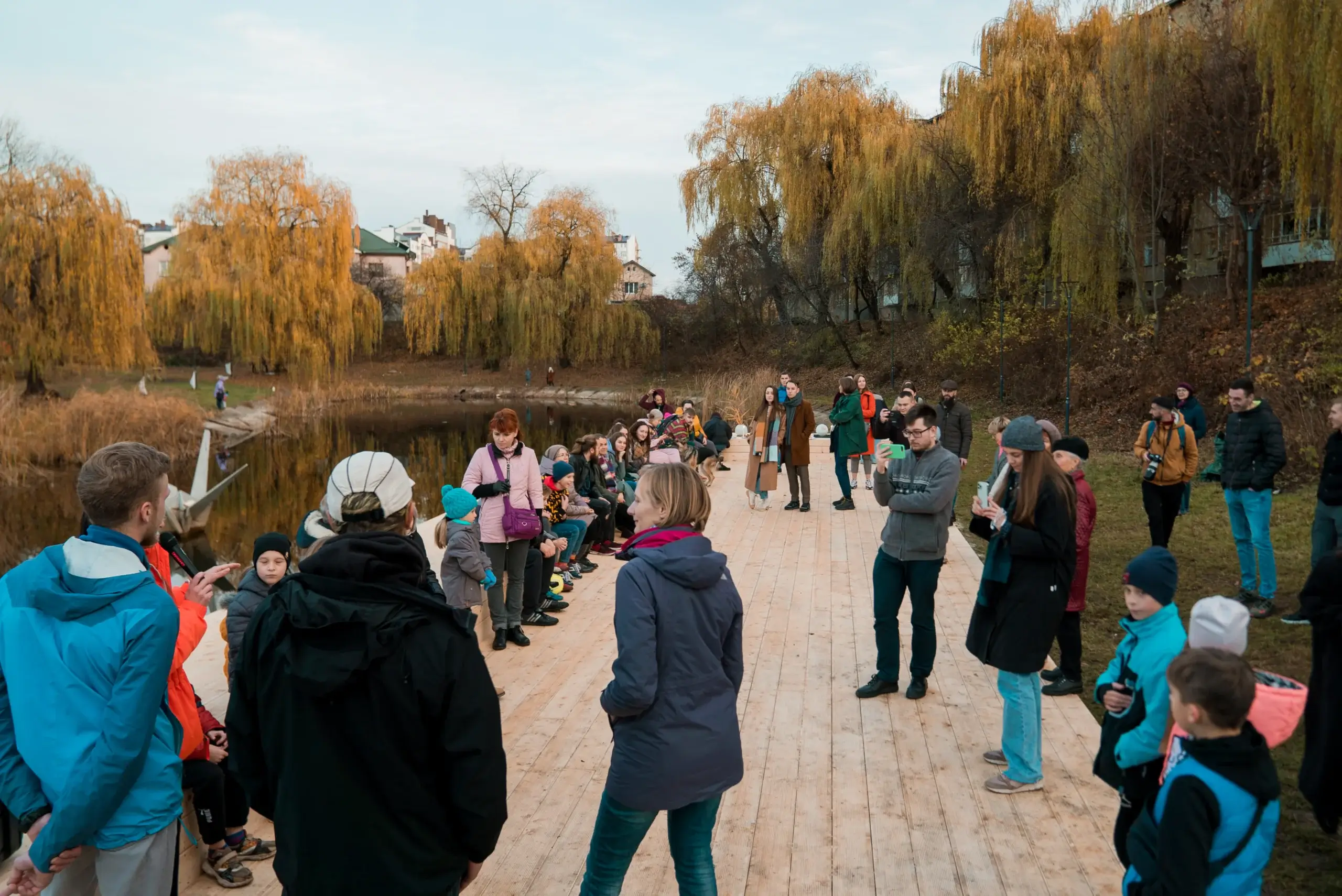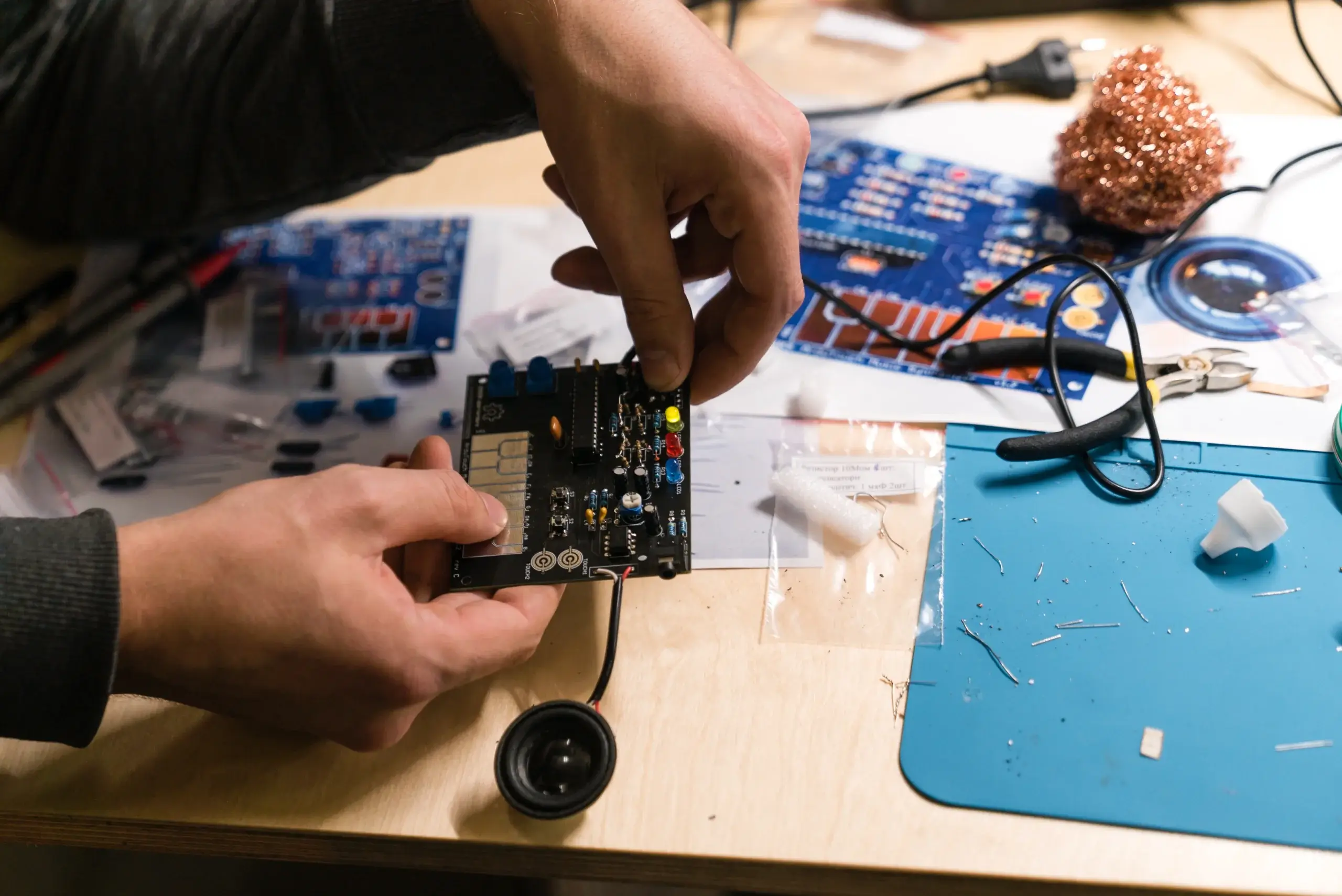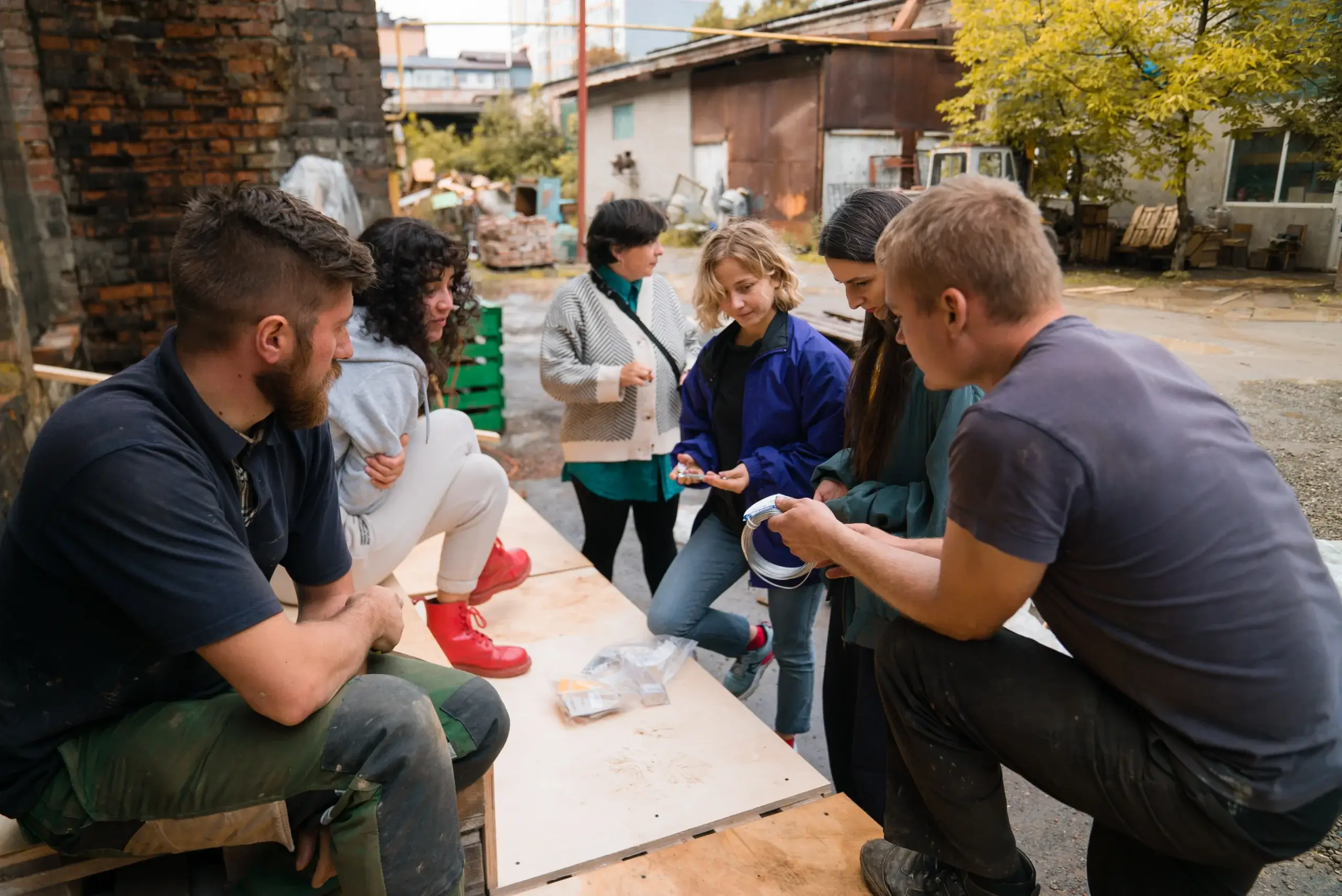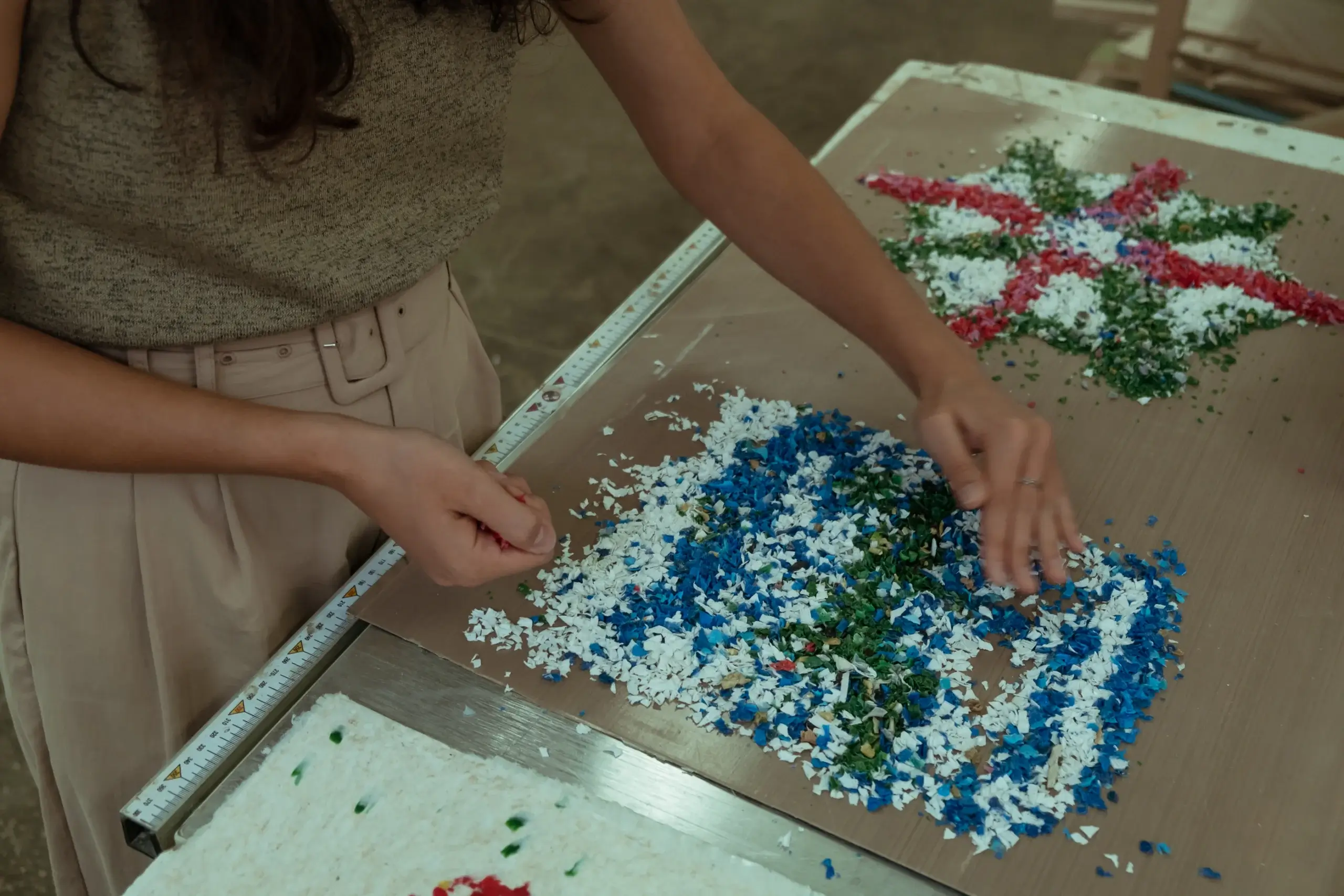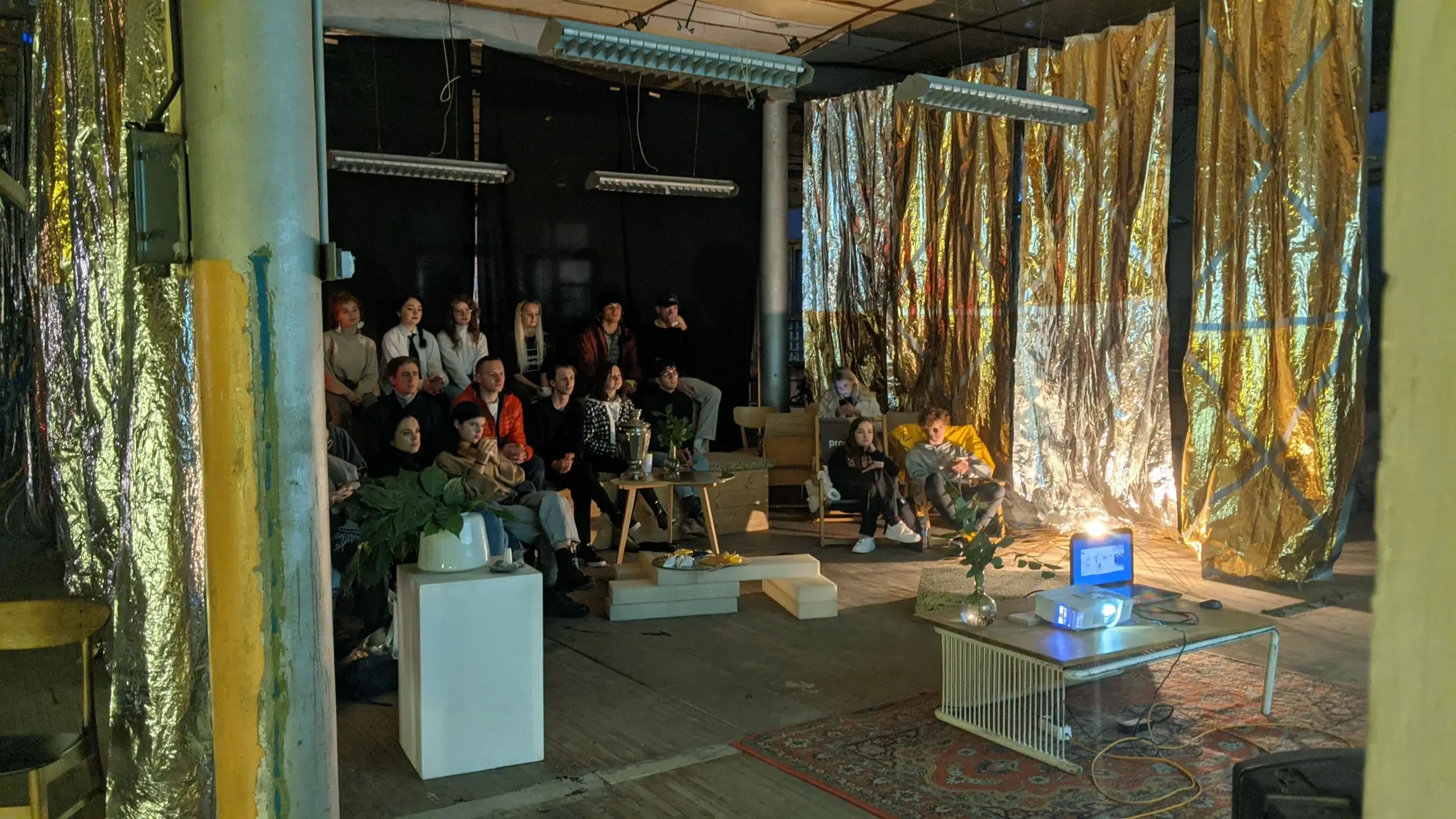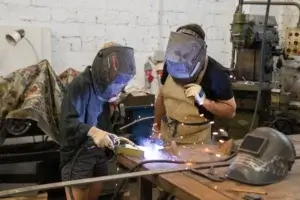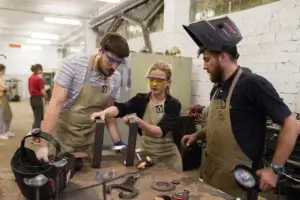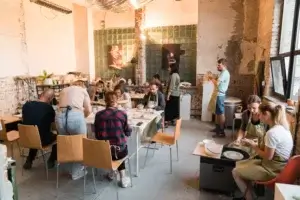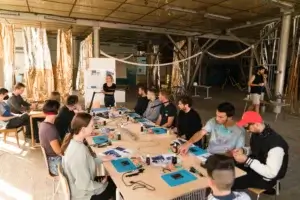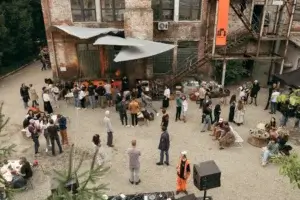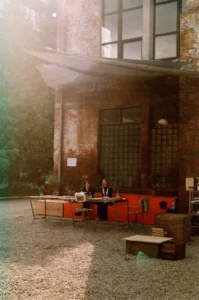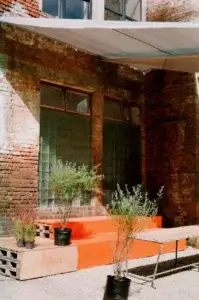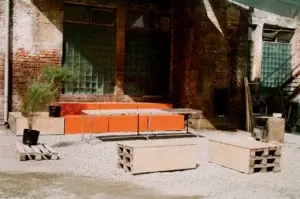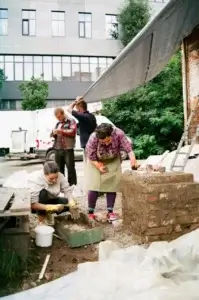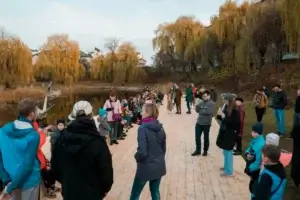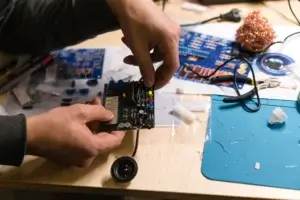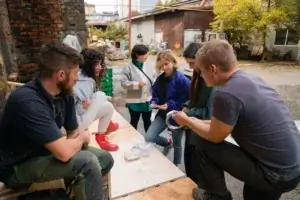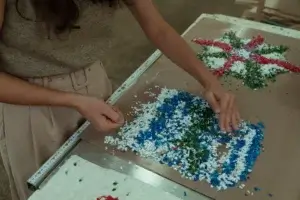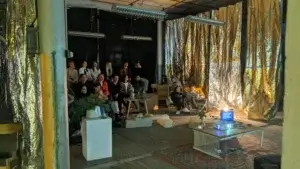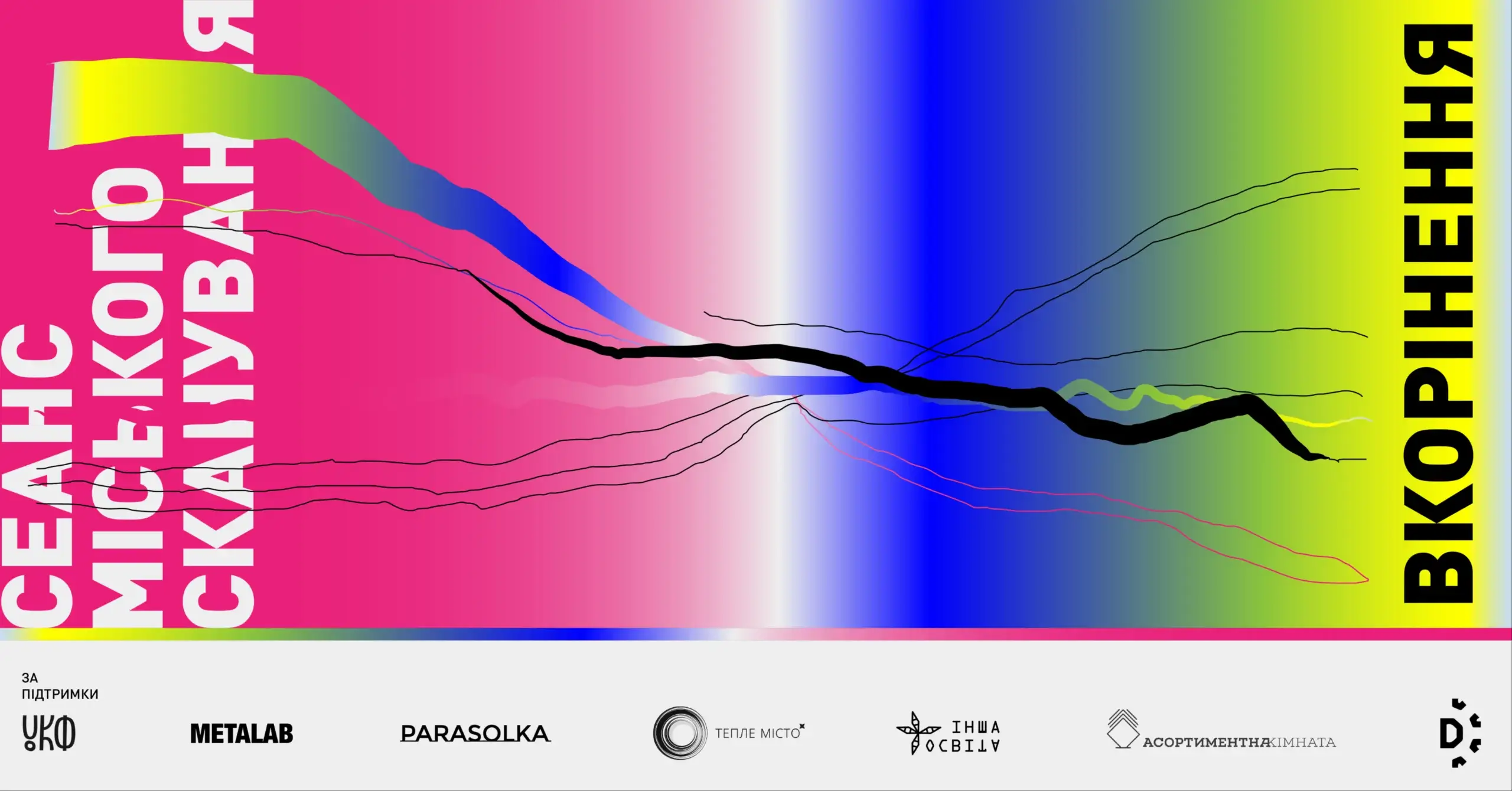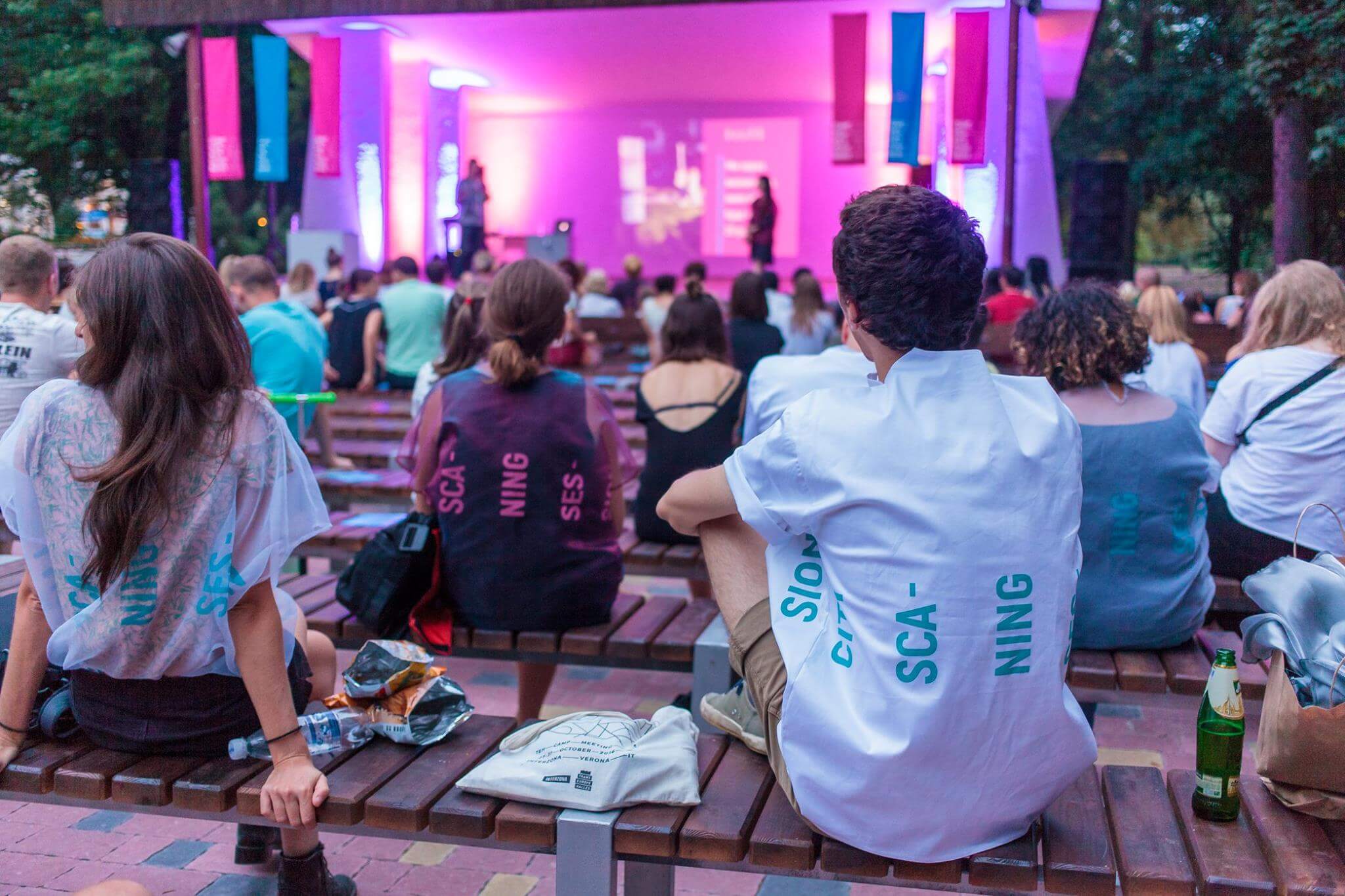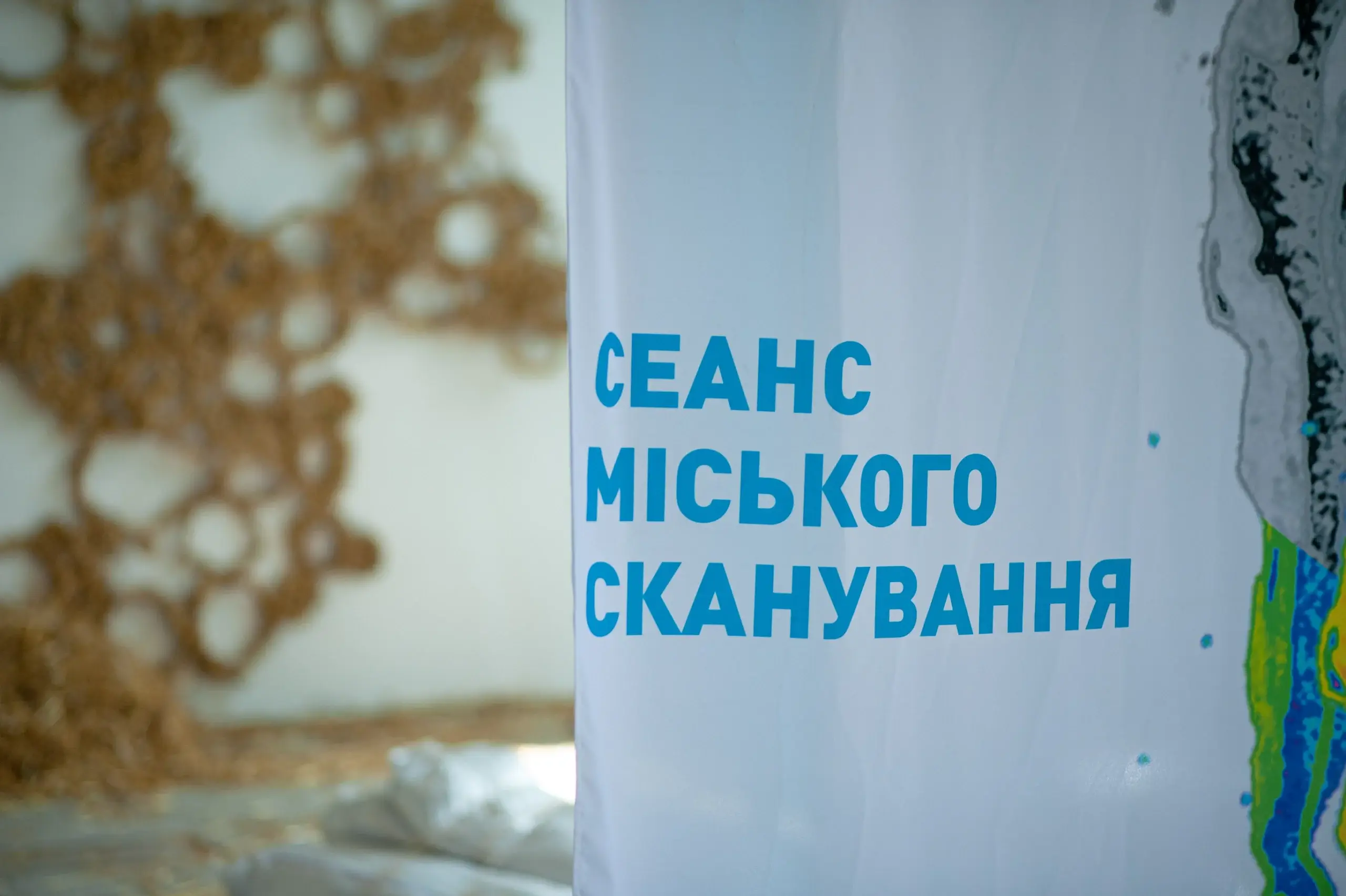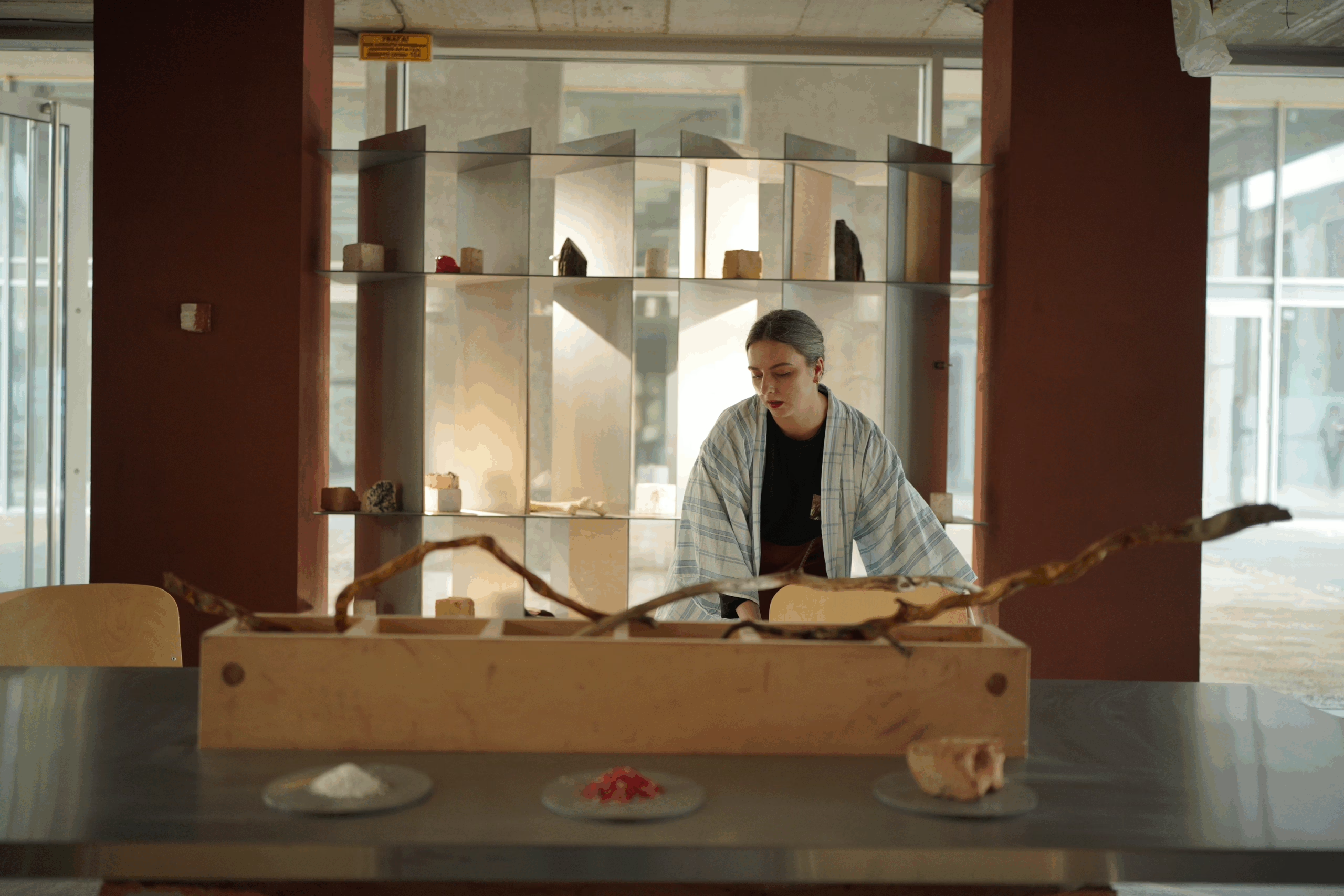CITY SCANNING SESSION 2021 — ROOTING
The City Scanning Session is an experimental festival during which participants reflect on urban space on specific topics and create ideas for qualitative changes in the fields of architecture, urbanism, art, and other forms of human-city interaction. The results of the events have become impulses for changes in the city space and continue to be the focus of the METALAB team’s work.
TOPICS: URBAN ECONOMY, COMMUNITY, SUSTAINABILITY
FORMAT: research, event, education, publication, spatial strategy
TIME: 2021
RELATED PROJECTS: POLE, City Scanning Session 2019, City Scanning Session 2017
CURATORS: METALAB, Insha Osvita
PARTNERS: Teple Misto, POLE, Insha Osvita, Tbilisi Architecture Biennale with the support of UCF and Creative Europe
FB page
The City Scanning Session is a biennial experimental event that offers a fresh perspective on urban spaces from the standpoint of architecture, urbanism, and art. Participants scan the city space based on a particular theme and propose and implement ideas for qualitative changes. The event aims to encourage the practice of reflecting on the environment in which we live, whether it be the city, village, or neighborhood. This festival marked the beginning of METALAB and has shaped many of the areas of our work and topics that we continue to explore and develop.
In 2021, during the COVID-19 pandemic, we created a slow festival with the theme ROOTING. It was a response to the challenges posed by the disease and quarantine, which prompted people to reassess the importance of decentralization, local resources, and life on the periphery. We partnered with local organizations Insha Osvita, Detali, and Teple Misto to create this festival.
“Plants are not the only ones that have roots. People, organizations, communities, cities, and entire countries are like living organisms that rely on energy and resources from their foundation, the root system. The roots are our strength. When everything freezes and disappears, only the roots remain, from which life sprouts again later.
Every city has its unique root system; in Frankivsk, it resembles a rhizome. Unlike a hierarchical system where development depends on a central core, a rhizome is a heterogeneous organism with multiple ideas that interconnect and create a unified whole. The roots of a rhizome are individual elements that maintain constant communication, allowing them to adapt to any challenges of existence and communicate over long distances. This structure enables all the roots to exist as a single organism, separate painlessly when needed, and exist as separate parts.”
The peculiarity of Ivano-Frankivsk’s root system is its resilience. This is because the city is known for its strong social ties and collaborative spirit, where people together form a nutrient environment, seek out resources to overcome challenges, and support each other. In this way, even if one part of the system is weakened and lacking in nutrients, the other part feeds it. So people can develop their potential and encourage others to do the same
As we were “forced” to stay at home or return home from bigger cities, we started to appreciate the possibilities of living in the periphery as it is more affordable and socially and ecologically sustainable. Moreover, we began to see it as a privilege. Ivano-Frankivsk is a fertile ground where everything new quickly takes root and grows strong, yielding a good harvest over the years, even in unfavorable seasons and times of crisis. During the festival, we focused on exploring our own roots and finding new ways to nourish ourselves from the place where we are, study it, and give back. In doing so, we created our own identity.
The festival combined offline and hybrid micro-events headlined by citizens and local communities. The focus was on the themes of localization, sustainability, and justice. We aimed to promote these values towards each other, nature, and ourselves. We researched and implemented circular economy approaches to create public spaces, generated ideas and products in makerspaces to transform the city and its communities, and tested models of artistic production. We explored the relationship between the body and the environment in creative collectives and at a remote residence. We also searched for ways of non-hierarchical interaction with the environment based on Anthropocene theory.
Festival events:
- Residencies at Parasolka — residents implemented their projects at the makerspace for a month.
- Workshops — a ceramics school, woodworking and metalworking courses, and an experimental plastic recycling laboratory where you could learn how to work with different materials even in one or more evenings.
- Courtyard for the Workshop — design and construction of a pop-up space near Parasolka with the Tbilisi Architecture Biennale team.
- Repair Cafe — a weekend with a flea market and access to all Parasolka workshops where people could fix their things.
- Product for the City Laboratory — an experimental urban laboratory for designing public spaces based on the circular economy principles with British partners 00 and Studio Weave.
